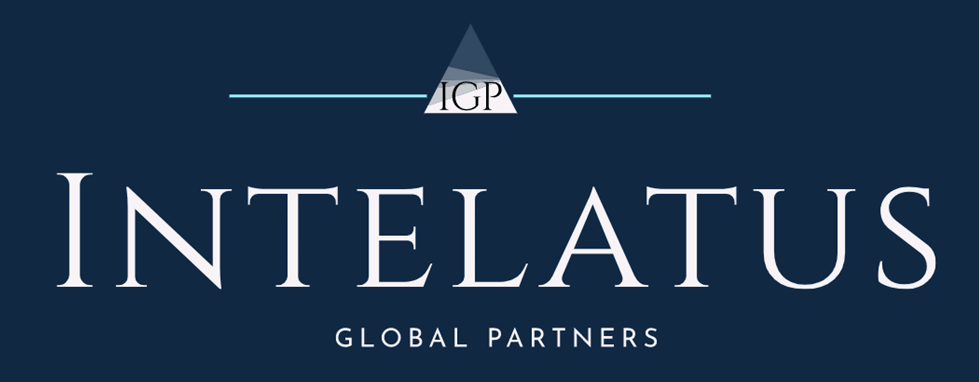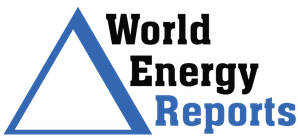CIMAC Circle at Marintec Shanghai
CIMAC, the International Council for Combustion Engines took advantage of this year’ s major trade show in the large engine sector to stage the latest in its CIMAC Circle series of forums for information exchange.
Chaired by CIMAC board member Yasuhiro Itoh, Managing Director, Niigata Power Systems Co., Ltd., the Circle was entitled “Life-Cycle Costs - the Impact of Fuel and Emissions,” and with contributions from a full spectrum of stakeholders gave a timely and comprehensive snapshot of present and predicted costs of engine ownership in the light of tightening marine emissions legislation.
Especially significant, the CIMAC Circle took place for the third time in China. As noted in the Chairman’s opening speech, the Circle is a way of interchanging knowledge and experience between ship and engine building nations and the centres of engine technology.
For the engine industry, Kjeld Aabo of MAN Diesel, Denmark and Mikael Troberg, Wärtsilä Industrial Operations, Italy reported on the technologies presently under development which offer the best hopes of meeting and, possibly, undercutting the stringent limitations on oxides of nitrogen (NOx) prescribed in IMO Tier III for the so-called Emission Control Areas. To attain this 80% reduction vis-à-vis IMO Tier I, the consensus is that combinations of technologies would be needed, including EGR, the Miller cycle in combination with high pressure turbocharging, air and fuel conditioning (fuel water emulsion, direct water injection, charge air humidification) and aftertreatment (SCR, SOx scrubbing). Low emissions hybrid propulsion systems were also feasible for some applications.
On behalf of the oil and gas industries, Jerry Hammett, Shell Global Solutions (Deutschland) GmbH, Germany, emphasized ways and means of eliminating emissions of oxides of sulphur (SOx), in particular the question of low sulphur heavy fuels versus distillates and refining versus scrubbing as methods of SOx abatement. Importantly, he put the whole emissions subject into its global fuel supply and demand context, which will be dominated by increasing demand for finite resources.
Allan Wang, ABB Jiangjin Turbo Systems Company Limited, China reported on encouraging recent findings regarding single and two-stage high pressure turbocharging as an enabling technology of the strong Miller cycles which could go a long way to meeting IMO Tier III limits for NOx using only primary measures. Significantly, these technology packages can control NOx without fuel consumption penalties or be used to reduce fuel consumption, as well as leading to a very useful increase in engine power density.
Speaking for engine research establishments in the fastest growing market for engines, Prof. Donghan Jin, of the Shanghai Marine Diesel Engine Research Institute described the impact of new emissions regulations on related industries in China. He outlined the challenges facing China as its economy continues to grow at a rapid pace and proposed countermeasures needed in the ship and engine building sectors.
For marine end users Oyvind Toft, BW Fleet Management AS, Norway stressed the overwhelming importance of fuel costs to the shipping industry and the need for emissions reduction methods to be economically viable, practical and easy to understand. Ideally, equipment should be robust and easy to use while emissions compliance requirements should be simple and avoid bureaucracy.
In an important announcement, introducing CIMAC to new CIRCLE attendees, CIMAC board member and Vice President Communications, Hanspeter Zingg of ABB Turbo Systems Ltd, Switzerland, reported the launch of a new CIMAC program called CIMAC CASCADES, that stands for CAse Studies in Combustion engine Applications and Design ExperienceS and aims to encourage younger engineers by creating a discussion forum where they can meet leading industry experts. The first one succesfully took place November 26, 2009 in Hamburg.
(www.cimac.com)

